Race on for new Wuhan inquiry
Scientists on the WHO probe into the origins of Covid-19 have called for the inquiry to be restarted before crucial evidence is lost.
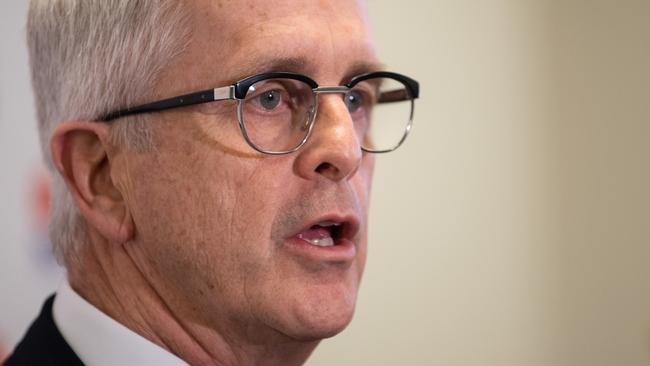
Scientists who were tasked by the World Health Organisation to probe the origins of the Covid-19 pandemic are calling for an urgent start to the inquiry’s second phase lest crucial evidence about the origin of the virus be lost.
The call from the WHO team comes ahead of the expected release in coming days of the review commissioned by US President Joe Biden of whether the virus leaked from a top secret research laboratory in Wuhan.
China has already rejected a WHO call for a second phase of the inquiry into the origin of the virus, with deputy health minister Zeng Yixin last month labelling it “political interference”.
The 11 independent members of the WHO team warn in an article in the latest edition of science journal Nature that “the window of opportunity for conducting this crucial inquiry is closing fast”.
“Any delay will render some of the studies biologically impossible,” write the group of 11 scientists on the WHO team, which includes University of Sydney microbiologist Dominic Dwyer.
In the Nature article they also say the team of Chinese scientists working on the inquiry “was and still is reluctant to share raw data, citing reasons of patient confidentiality”.
They have ignored demands from the WHO to access the information, the article states.
The withheld data includes details of 174 Covid cases identified in December 2019 before the new infectious disease had been reported to the world.
The 11 scientists also say it was agreed that the second phase of the inquiry – which was recommended in the WHO report published in March this year – would include a review of these cases.
In the article, the scientists call for the inquiry’s second phase to focus on several key priorities including further traceback studies and antibody surveys to search for early evidence of Covid circulating, traceback and community surveys at wildlife farms which supplied the Wuhan markets, surveys of animals to locate possible Covid hosts, and detailed risk factor analysis. They said the surveys and traceback studies should be conducted both inside and outside China.
Speaking to The Australian, Professor Dwyer said that the process to identify Covid’s origins had “dragged on”.
“That delay is going to make doing some of the investigation in those recommendations more difficult. The longer that takes the harder it is to do certain parts of the work,” he said.
Asked about the theory the virus leaked from the Wuhan lab, Professor Dwyer said the WHO report didn’t rule out the possibility, “it just didn’t find evidence to find it a likely cause”. And he said the team’s call to anyone with data supporting the lab leak theory to bring it forward had not led to new evidence appearing.
Professor Dwyer said the team of 11 scientists was not able to work independently to seek data to test the lab leak theory.
“You can’t waltz in and demand to see the books. It (China) is a sovereign country. There are international agencies which have to take the lead,” he said.
In the Nature article, the 11 scientists are at pains to say that investigating the possibility that the virus originated in a lab was not part of the original terms of reference given to them by the WHO.
But they say that because the laboratory origin hypothesis was “too important to ignore” they discussed it with Chinese counterparts and included it as a possibility in the March report.


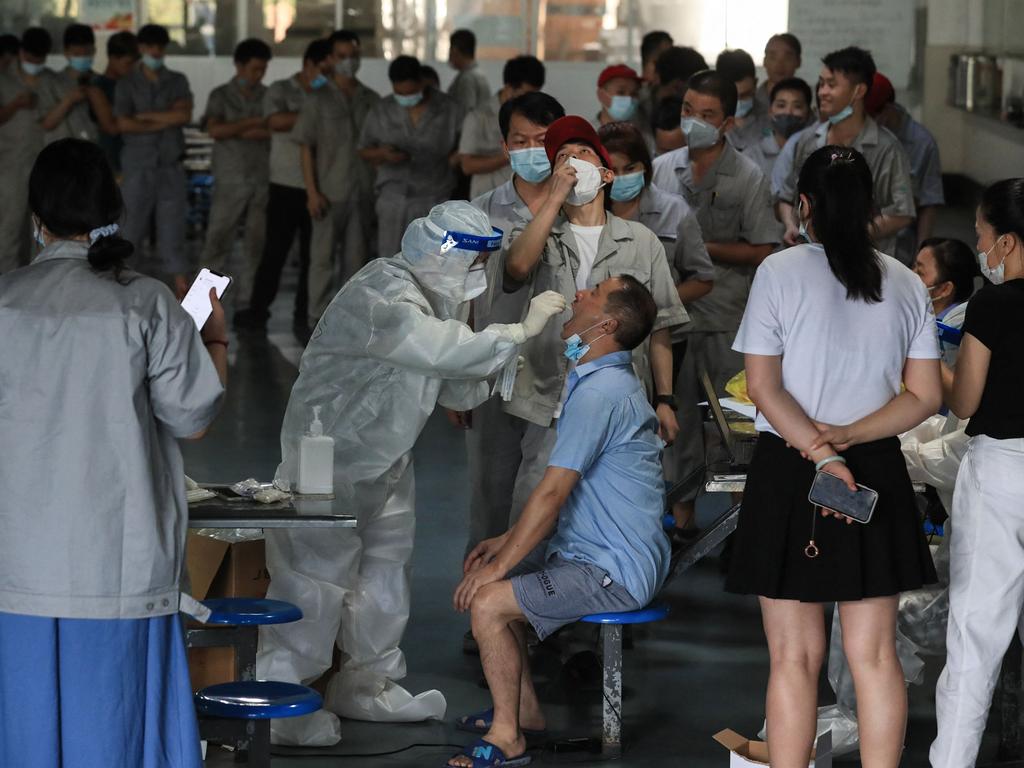
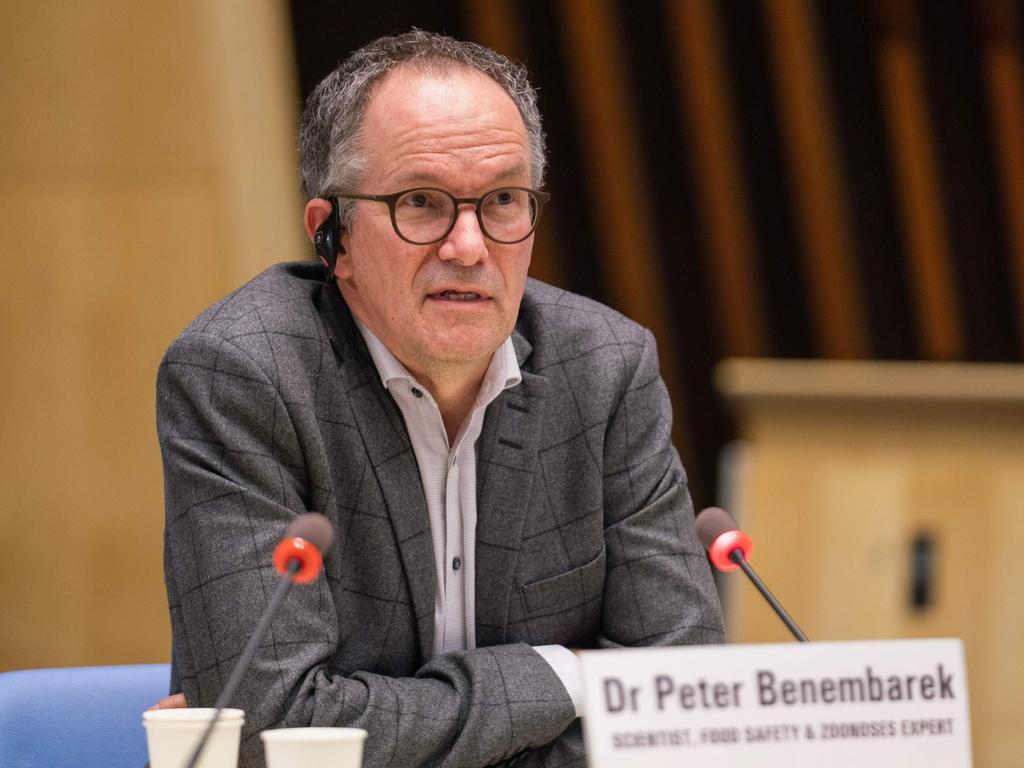
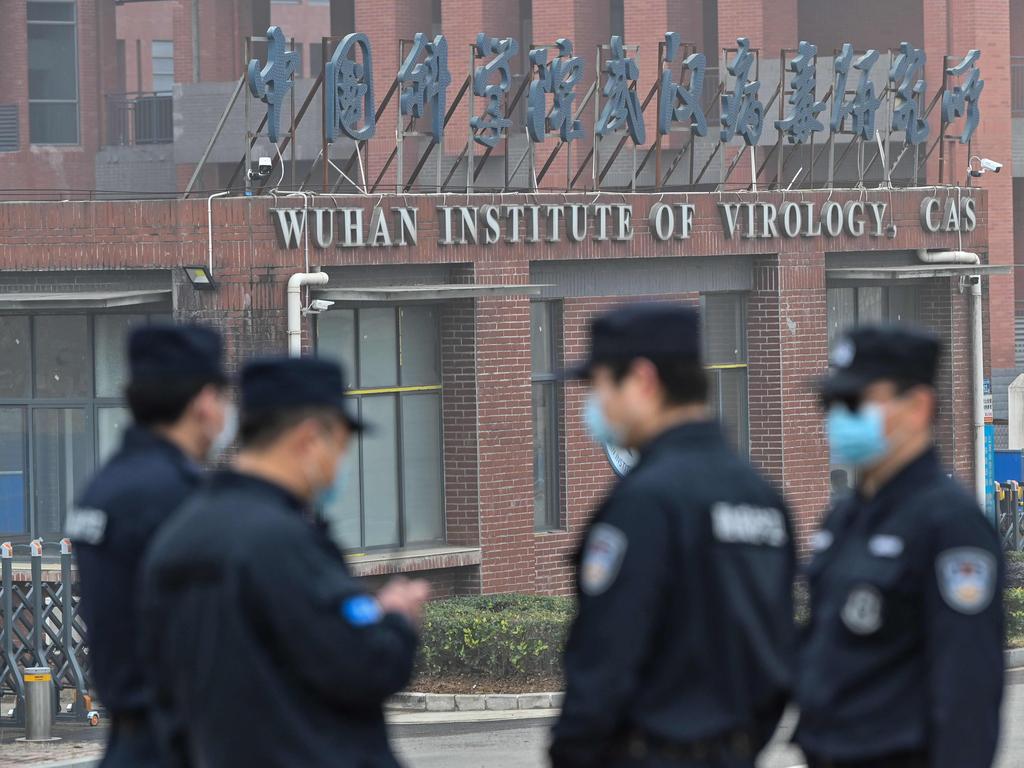
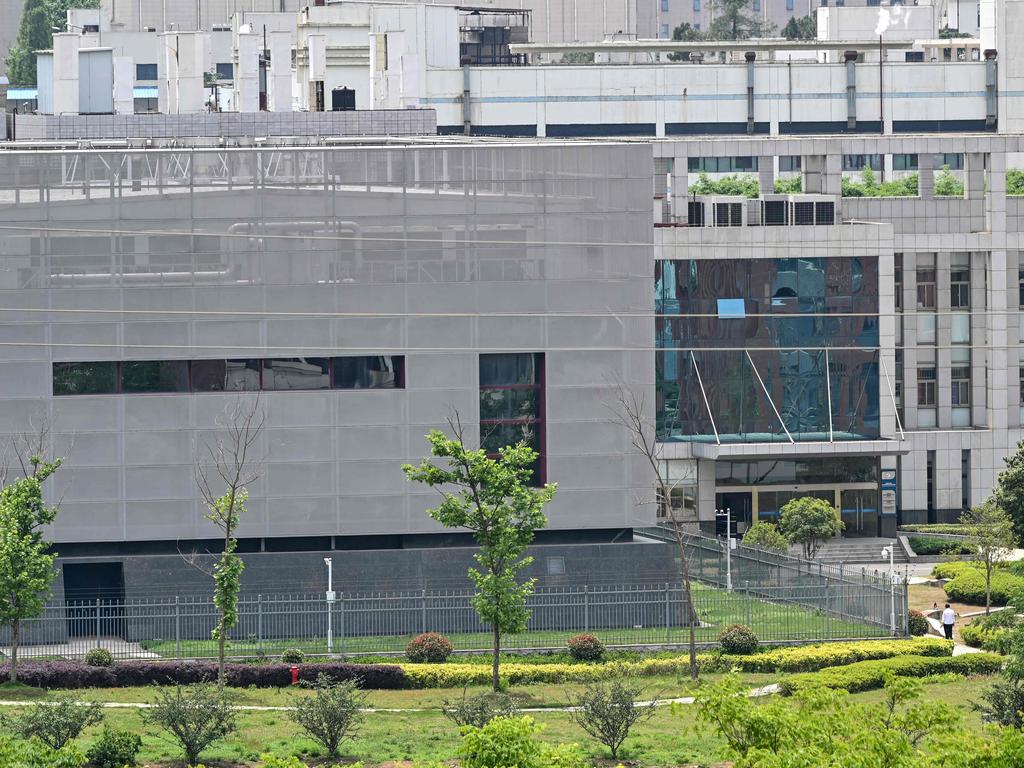


To join the conversation, please log in. Don't have an account? Register
Join the conversation, you are commenting as Logout